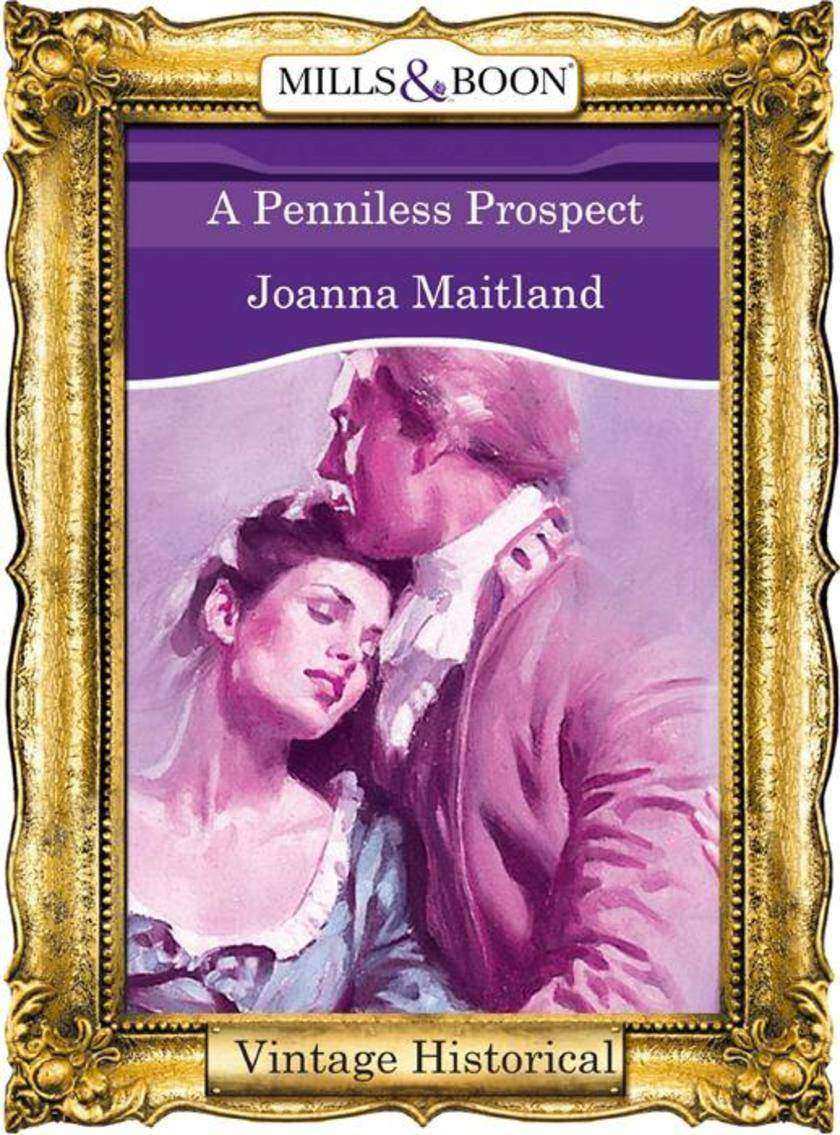
A Penniless Prospect (Mills & Boon Historical)
¥31.10
A Lady In Disguise With no dowry and unremarkable looks, Jessamyne Calderwood sees herself as a penniless country mouse. But when her greedy family attempts to marry her off, the mouse becomes a wily vixen…. Determined to escape a loveless marriage, "Jamie" disguises herself as a boy and manages to find a position working in the gardens on the estate of Richard, Earl Hardinge. There she remains undetected until Richard rescues her from an attack. To his astonishment, he finds he's not holding a boy, but the soft body of a delectable young woman….
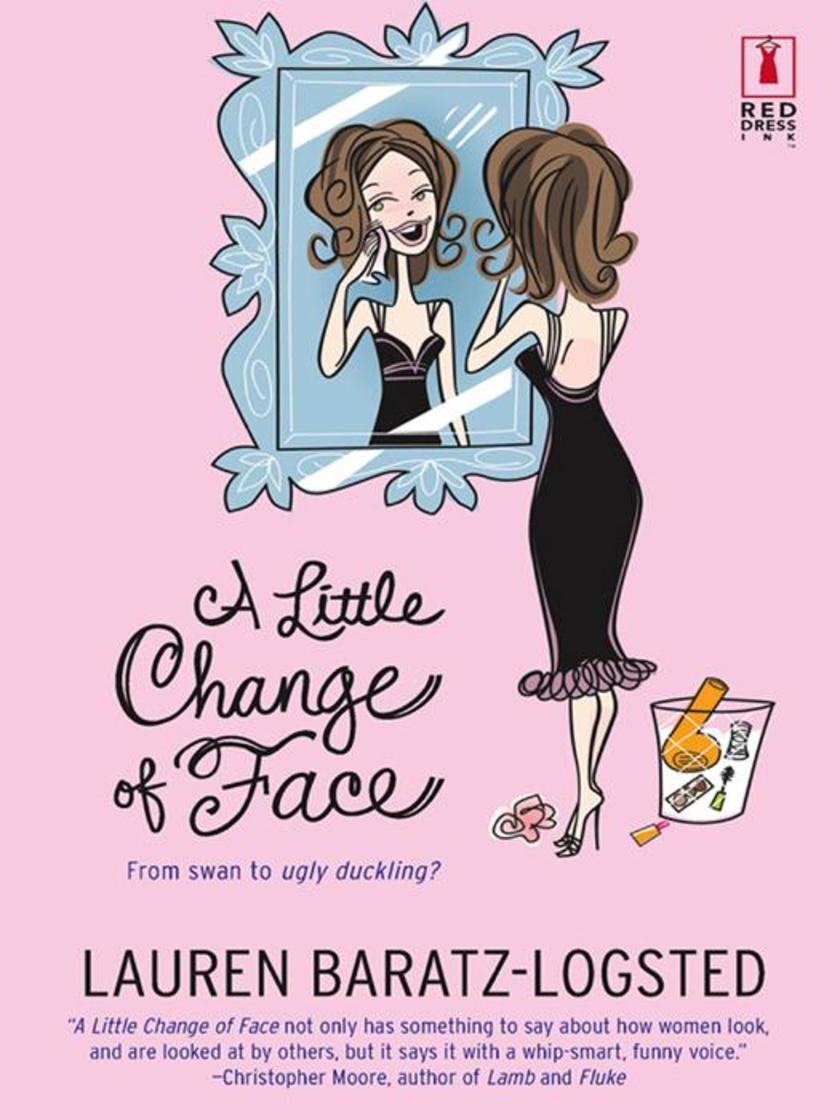
A Little Change of Face (Mills & Boon Silhouette)
¥39.24
I need to change my life. On the surface, it doesn't look too bad. Great body, check. Pretty face, check. Job, check. Chicken pox. Check. Stuck in her Danbury, Connecticut, condo in self-imposed exile until she's contagion-free, Scarlett Jane Stein keeps circling around to a passing comment her friend Pam made: how everything (read: men) comes to Scarlett just because she's attractive. Is it true? All her life she's thought that she was fun to be around, that people liked her. Was it only because she was pretty (say it–because she's got incredible breasts)? Or is Pam, tired of playing second fiddle, now playing her? All Scarlett knows is that she's never found the man she believes is out there, her One True Love. So maybe Scarlett needs to change things up. So it's goodbye, Scarlett and hello, dowdier, schlumpier Lettie Shaw. And with her new look, new name, new home and new job, is there a chance that Lettie-née-Scarlett will find someone who loves her for who she is inside? Or has Scarlett's little change of face turned into the biggest mistake of her life?
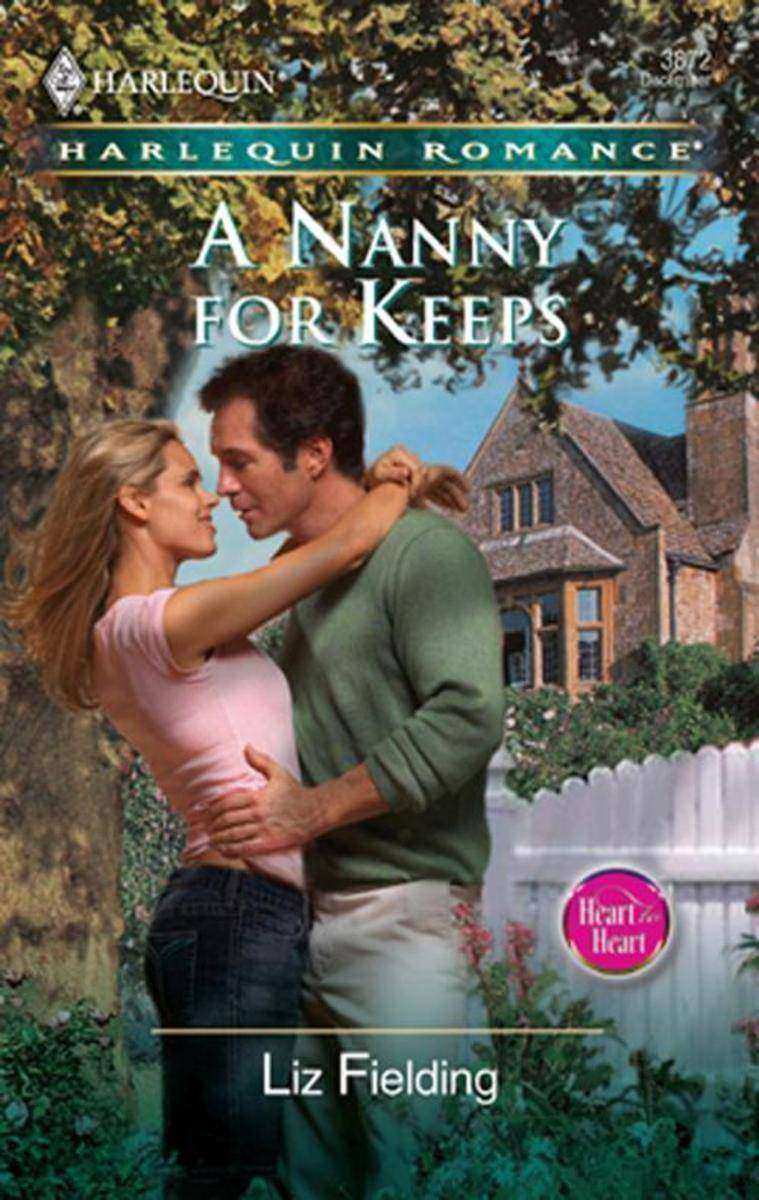
A Nanny For Keeps (Mills & Boon Silhouette)
¥21.09
Jacqui Moore is on the run–from being a nanny! She can't bear the thought of getting close to a child again, only to lose that love in the space of a heartbeat. Until she meets little orphaned Maisie, and is railroaded into becoming her nanny for the night. Nights turn into days…and weeks…and now Jacqui's emotions are in turmoil. For, along with Maisie, the master of the house–magnificent yet scarred Harry Talbot–has stolen her heart. And now there's nowhere to run and hide….

Fatal Fallout (Mills & Boon Romantic Suspense)
¥31.10
Torn between duty and desire, two strangers must risk all for love Nuclear physicist Dr. Claire Fleming has one rule: never get close to anyone. But when her colleague is murdered and she's targeted next, she must place all her trust in FBI agent Thomas Kincannon. Soon Claire forgets her tenet as she fantasizes about Thomas's touch. Thomas is wildly attracted to Claire. But his life and his job are too complicated for any romantic entanglements. Despite this, they share a mind-blowing kiss, and there's no turning back. When Thomas's niece is abducted, the stakes become dangerously higher as Claire insists he trade her for the child. Somehow, Thomas must find a way to rescue his family and protect the woman who let her protective walls down just for him.
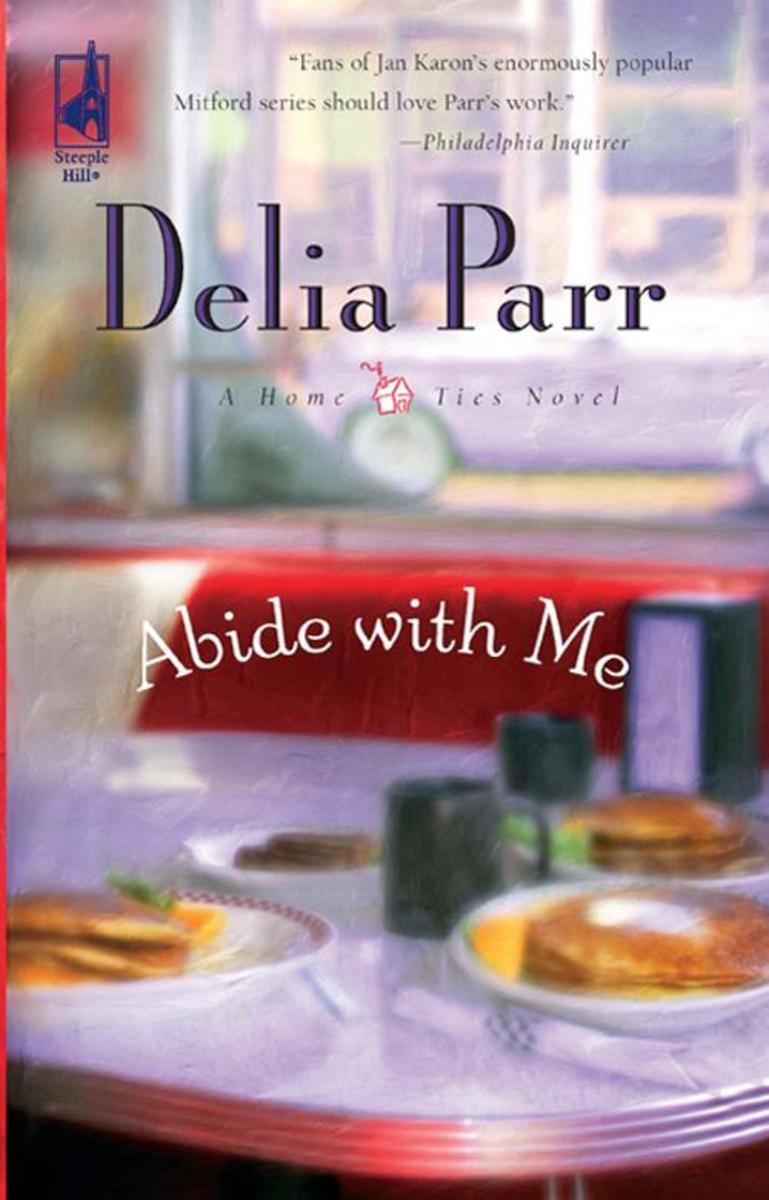
Abide With Me (Mills & Boon Silhouette)
¥31.10
The three Long sisters of Welleswood, New Jersey, felt they could handle any problem, any crisis together… But suddenly, each was facing the most critical challenge of her life. Andrea, a single mom, was in a fight for survival, against cancer. Madge, who'd once lived a storybook life, needed to find forgiveness–if she ever could–for a husband who'd kept a shocking secret for years. Jenny, pregnant with her third child, longed to keep her husband's dream alive, whatever the sacrifice. To get through it all, they would have to lean on one another as never before, trusting that their love and hope–and their faith, no matter how far it was tested–would see them through.
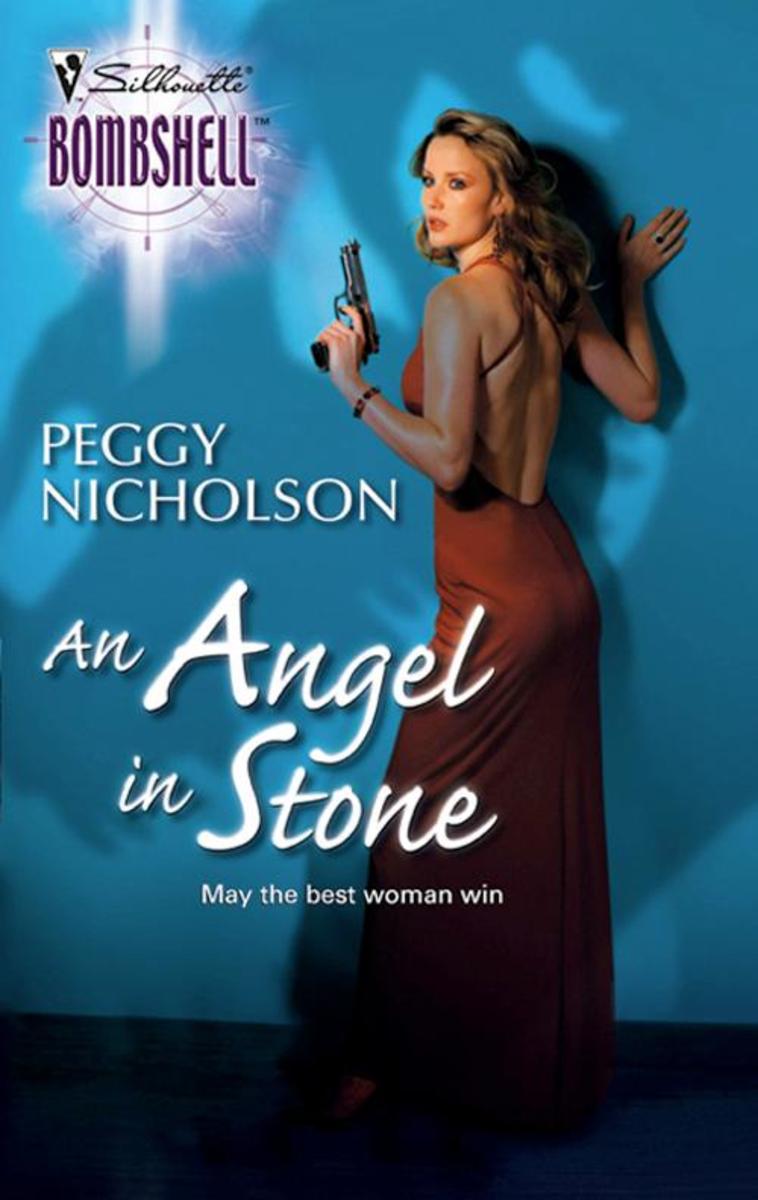
An Angel In Stone (Mills & Boon Silhouette)
¥25.60
She's equally comfortable in silk and heels or khakis and boots–but it's Raine Ashaway's sheer nerve and gut instinct that have made her a name in the dinosaur hunting world. Her family's famous archaeological firm, Ashaway All, hasn't hurt, either. Until Raine is thrust into a mysterious contest for a priceless opal fossil and the competition seems as intent on destroying her family name as he does beating her to the bones. Raine's not about to let the sexy, deceptive man known as Kincade win this round. But when the game turns deadly, the two rivals might just have to work together or lose everything, including their lives….
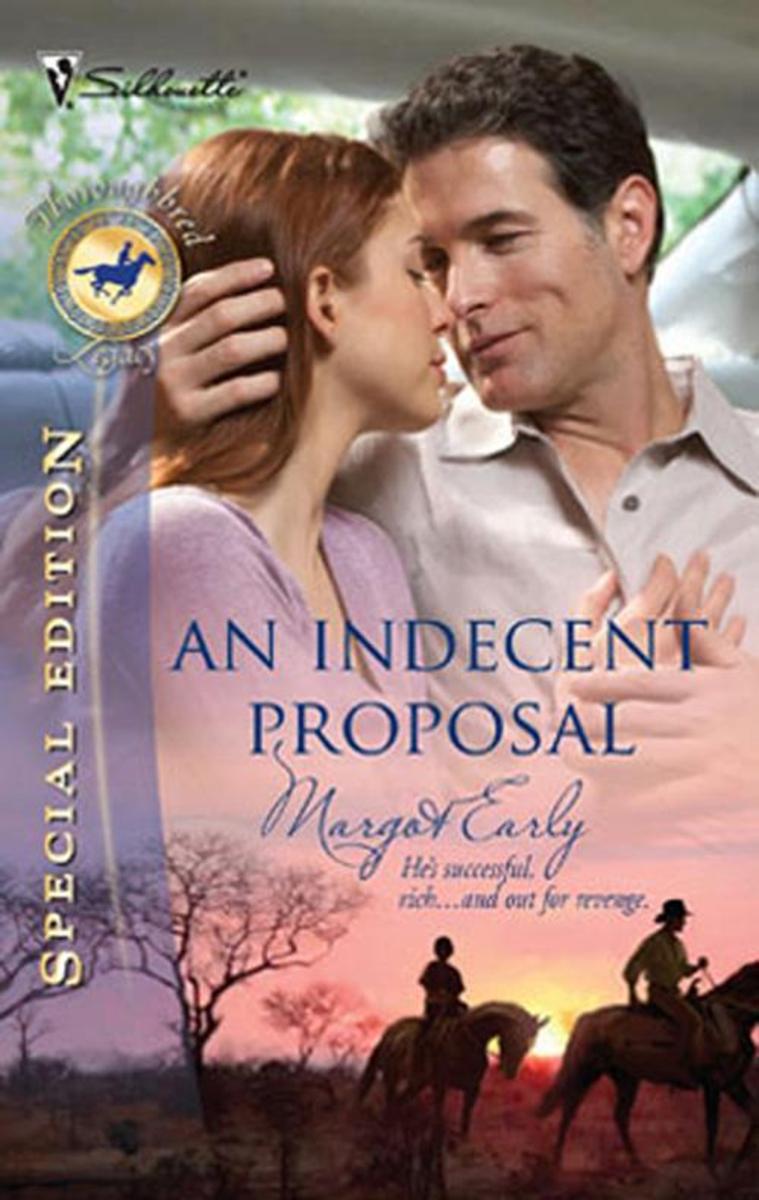
An Indecent Proposal (Mills & Boon Silhouette)
¥59.45
Bronwyn Davies is furious. Widowed, penniless and desperate, she came to Fairchild Acres looking for work–and to confront stockbroker Patrick Stafford, her son's real father. Sure, she wasn't expecting the red carpet rollout from her ex-lover…but insults and rudeness? Well, she'll show him exactly what she's made of–and what he's missing! Even after all these years, Patrick still hasn't forgiven Bronwyn for marrying another man for money. Now Bronwyn can see what life could have been, with him. Sure, he'll step up and acknowledge his son. But the cost will be far dearer than Bronwyn could ever have imagined….
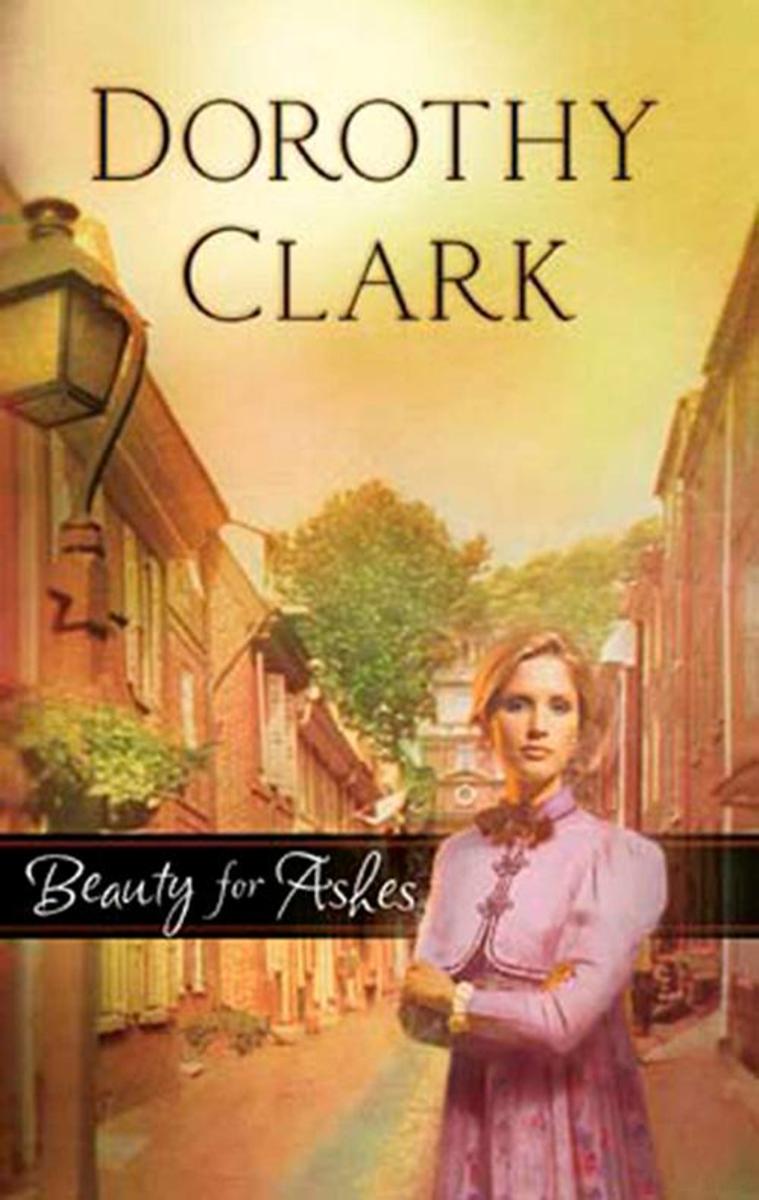
Beauty for Ashes (Mills & Boon Silhouette)
¥31.10
In the prim-and-proper Philadelphia of 1820, a shocking marriage… It was the perfect contract for a marriage of convenience to a woman he didn't even know. Didn't want to know. Justin Randolph, a wealthy Philadelphia widower responsible for two small children, is convinced that love is a myth. The only reason for marriage is to find a mother for the children under his care. Mistaken for Justin's intended bride, Elizabeth Frazier seizes the opportunity to escape a forced marriage to wealthy, abusive Reginald Burton-Smythe. In contrast to Reginald's unwelcome attentions, Justin's aloof indifference is appealing, and the plight of his motherless little girls pierces her heart. Like Justin, Elizabeth enters into the marriage seeking not love, but safety. God, however, has a different plan…
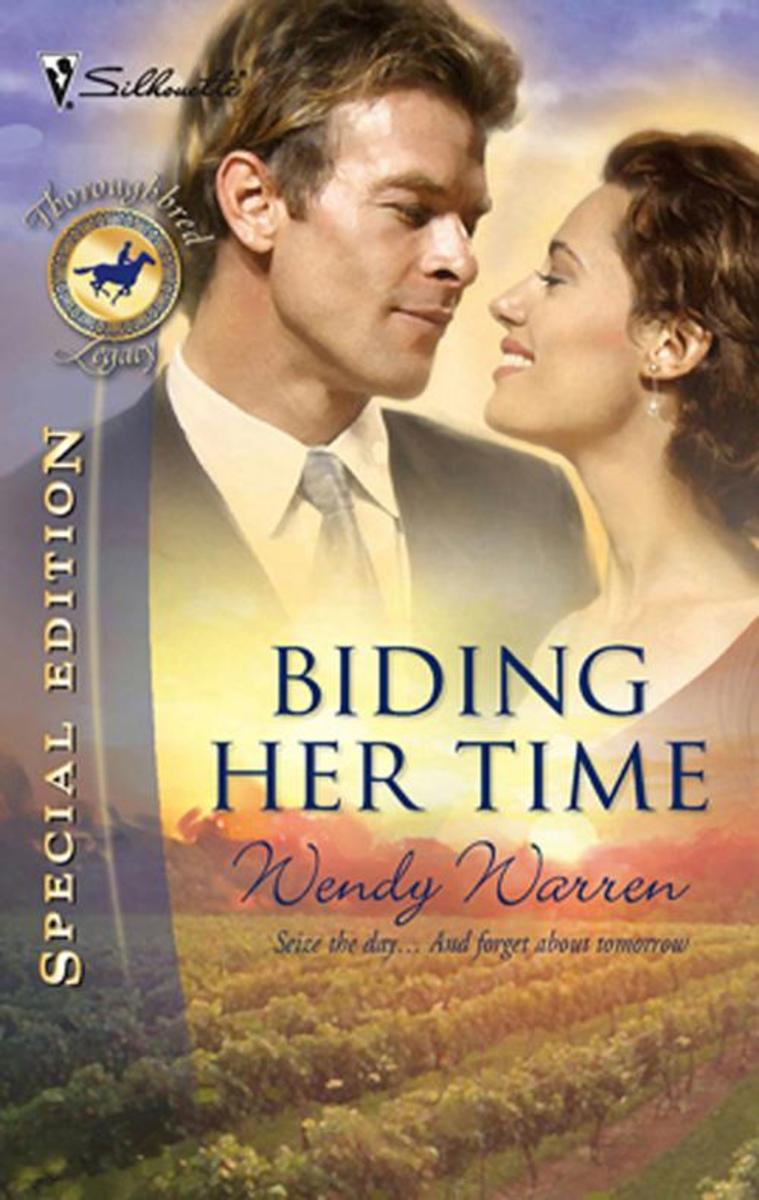
Biding Her Time (Mills & Boon Silhouette)
¥11.77
How did Audrey Griffin–a blacksmith by trade– become a wine hostess? Sure, she's all about "seizing the day," but she's a tomboy, not a booth bunny. Granted, her makeover has transformed her into a hottie–but when you're working with a straitlaced Aussie god like vintner Shane Preston, a little fashion goes a long way! Unfortunately, no-strings-attached doesn't work for Shane. Something about Audrey makes him want more from their fiery attraction–despite the fact that "commitment" leaves Audrey shakier than a horse on Rollerblades. Is she balking at love…or simply biding her time?
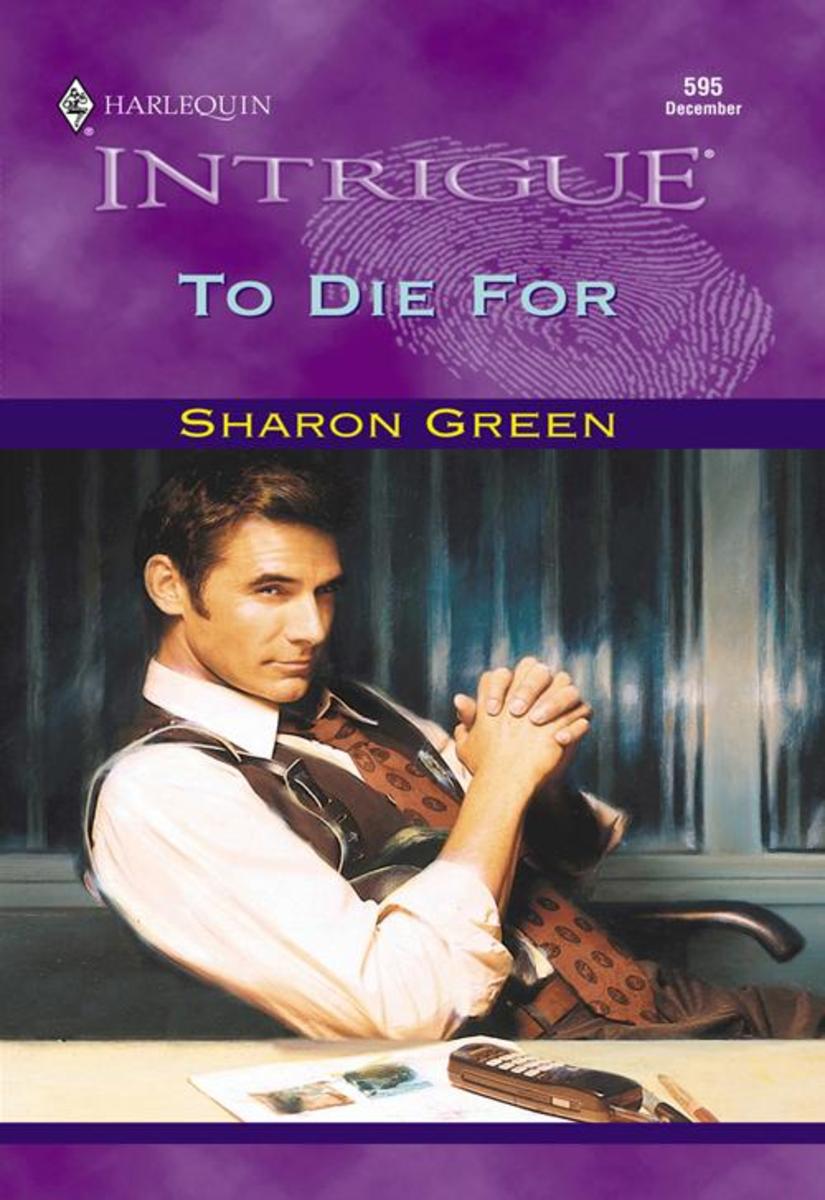
To Die For (Mills & Boon Intrigue)
¥31.10
HE WAS TALL, STRONG AND DETERMINED… And Mike Gerard was the best detective the police academy had ever bred. Tanda Grail desperately needed help finding answers about her brother's death, and Mike, with his virile magnetism and rock-solid manliness, was like Galahad with a badge. While the cop in Mike wanted to know what secrets Tanda might have uncovered, the man in him wnated to know how she had affected him as no woman ever had before. Her determination to involve herself in his investigation had Mike vowing to protect Tanda at all costs and to bring her brother's murderer to justice. But did honor and duty alone motivate him, or did he also hope to capture himself a bride?

Bombshell (Mills & Boon Silhouette)
¥39.24
There should be a four-letter word for beauty. She has more shoes than Sarah Jessica Parker and a skin-care system that could make Madonna swoon, but unlike her celebrity counterparts, Grace Noonan doesn't have it all. Her latest utterly-eligible-yet-maddeningly-unavailable boyfriend has just revealed that having sex with her is one thing and having babies quite another, forcing Grace to move on–again. And now that her employer–a top cosmetics company once devoted to "beauty beyond thirty"–is pursuing a teenaged supermodel as its future face, this thirty-four-year-old marketing exec is starting to wonder if she is going to get it all before the closing credits. Could it be time for Grace to back out of the beauty race and trade the singles scene for the sperm bank? Or is there something even this savvy bombshell has yet to discover about life and love in New York City?
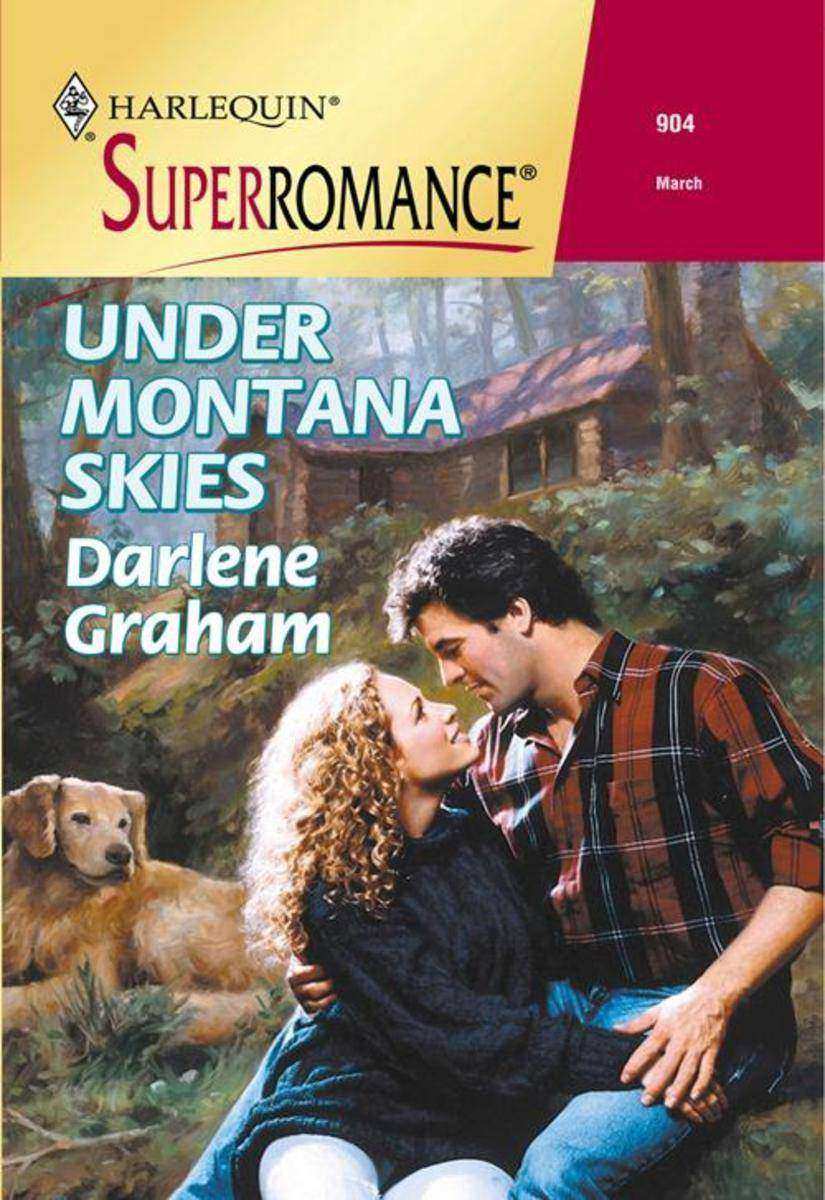
Under Montana Skies (Mills & Boon Vintage Superromance)
¥31.10
From a luxury home in Dallas, Texas, to a remote mountain cabin in Montana… What's a nice girl like Laura Cresswood doing in a place like this–with a handsome recluse like Adam Scott? She's beginning to regret her decision to take on this new patient. Adam is ungrateful, demanding and unimpressed with Laura's qualifications. He'd expected a male physical therapist. But Laura knows that Adam is hiding a broken heart. His wife and child were killed in the accident that left him injured. Except, as Laura soon learns, it was no accident. Someone was–and apparently still is–out to get Adam.

Until She Met Daniel (Mills & Boon Superromance)
¥25.60
Opposites are irresistible! If something feels right to Mandy Colson, she goes for it. That's why she never stays long in one place and why she's landed temporarily in sleepy Willow's Eve. That's also why she's got a huge problem with new city manager Daniel Whittier. Sizzling attraction aside, the gorgeous single dad is all about control and playing it safe–and Mandy isn't. So why does everything change when their arguments turn into combustible kisses? Now, instead of moving on, Mandy's edging closer to Daniel…and falling deeper for a man who might not compromise, even for love.
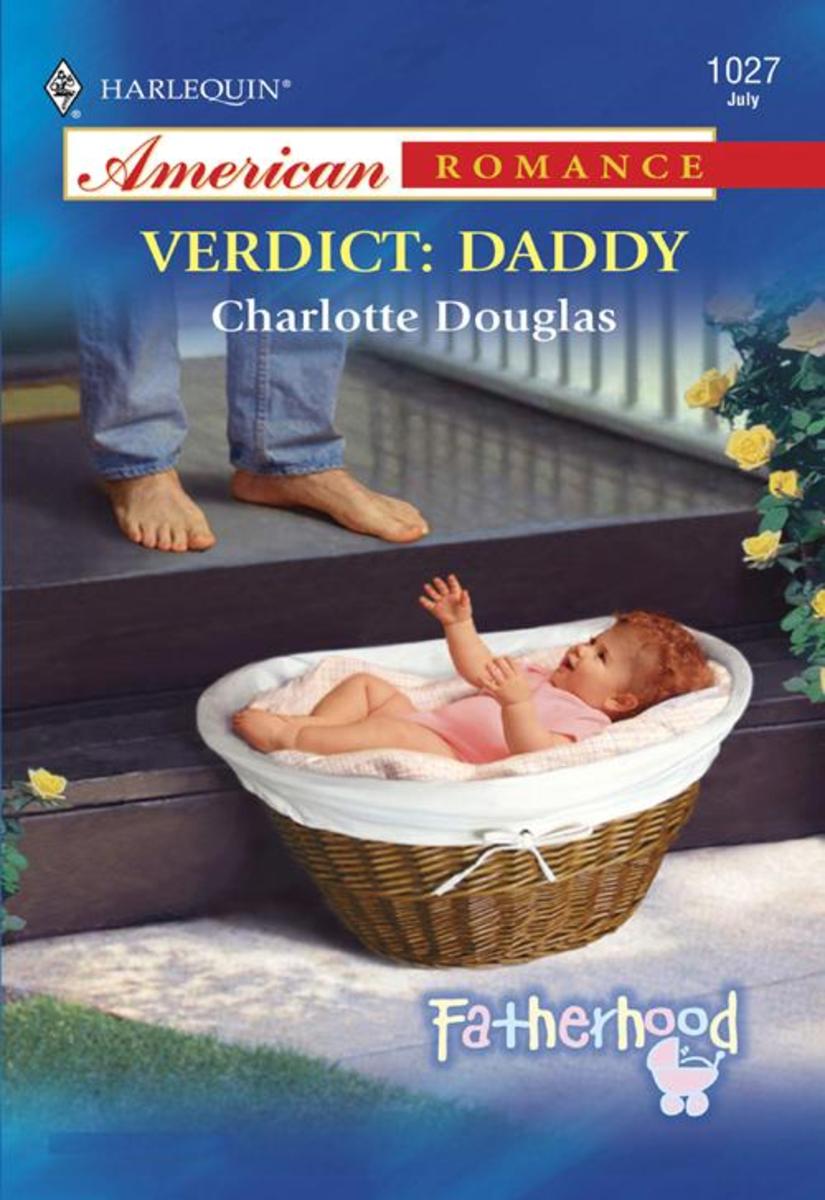
Verdict: Daddy (Mills & Boon American Romance)
¥31.10
Daddy Material? Blake Adams thinks he's dreaming when he wakes up to find a beautiful baby girl on his doorstep. With her curly red hair and sparkling green eyes, "Annie" quickly makes an indelible impression on his hardened heart. Needing advice, Blake turns to the only person he feels he can trust: criminal attorney Marissa Mason. It's been years since he's seen his childhood friend, and it's clear this stunning woman is no longer the tomboy of their youth. Now, with Marissa looking into Annie's mysterious arrival, Blake can't imagine letting either of them go. And when she unearths a shattering twist to Annie's birth, Blake knows his fate is sealed–and that his future is not going to be spent alone. Fatherhood: Dedicated father and darling daughter–what an unbeatable combination!

Want Ad Wedding (Mills & Boon American Romance)
¥25.60
Read All About It! Arrogant…smug…confirmed bachelor. Just a few of Sam Reed's less than flattering qualities–as seen by reporter Molly Flynn. This de*ion finds its way into a personal ad in Sam's very own newspaper–thanks to reporter Molly Flynn. It was supposed to be a joke. Since taking over the business six weeks before, Sam's been driving her crazy. So Molly wrote the ad to let off a little steam, but when it's accidentally published she's sure there's nothing left to write but her letter of resignation! Ever since Sam's brother's wedding, his family has been pestering him to get married, too, and the "Wife Wanted" ad only makes matters worse. So Sam insists that the ad be answered–by reporter Molly Flynn!
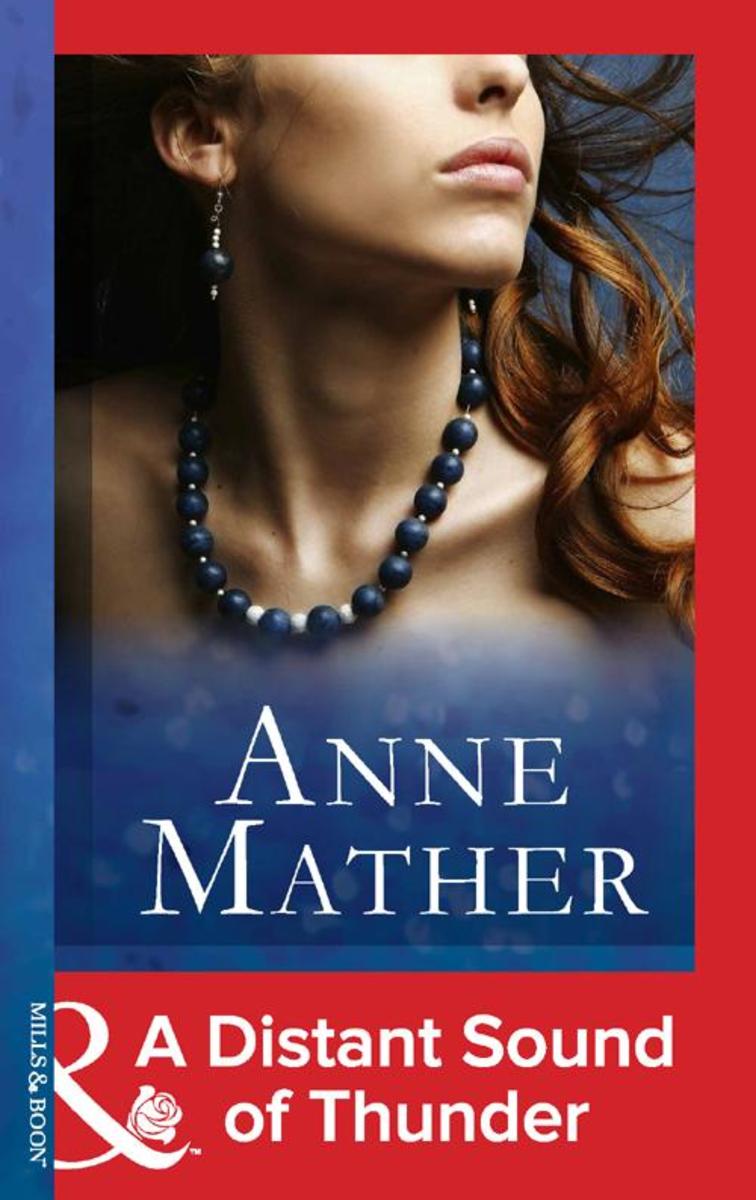
A Distant Sound of Thunder (Mills & Boon Modern) (The Anne Mather Collection)
¥31.10
Mills & Boon are excited to present The Anne Mather Collection – the complete works by this classic author made available to download for the very first time! These books span six decades of a phenomenal writing career, and every story is available to read unedited and untouched from their original release. Storms of passion… Rebecca has never forgotten the irresistible Piers St Clair. But seven years ago, their romantic idyll on a remote Pacific island came to an abrupt end – when she discovered he was married! Rebecca has rebuilt her life but finding love again seems impossible. Then suddenly Piers returns - and all her feelings come flooding back! But there is a new hardness to the man she loves so intensely. Rebecca wonders if they can ever have a future together – but she is in too deep to free herself now…
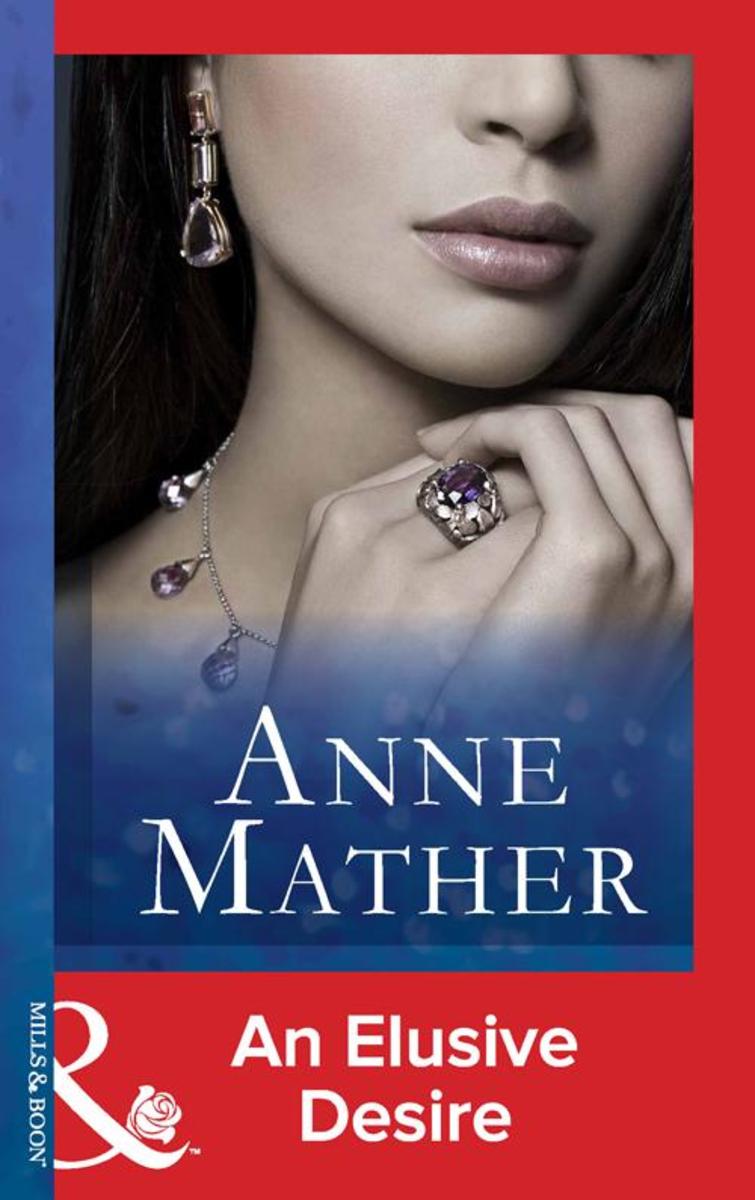
An Elusive Desire (Mills & Boon Modern) (The Anne Mather Collection)
¥31.10
Mills & Boon are excited to present The Anne Mather Collection – the complete works by this classic author made available to download for the very first time! These books span six decades of a phenomenal writing career, and every story is available to read unedited and untouched from their original release. Her first love… Jaimie Forster has never forgotten her passionate affair with the irresistible Rafaello di Vaggio. At the time, independent-minded Jaimie had strong ideas about her future – which didn’t include marriage! When she finds out that Rafaello’s marriage to her friend Nicola is far from a bed of roses, and Nicola begs her to visit their glamorous home in Italy, Jaimie is torn. She wants to help her friend, but seeing Rafaello again may be just one temptation too far…
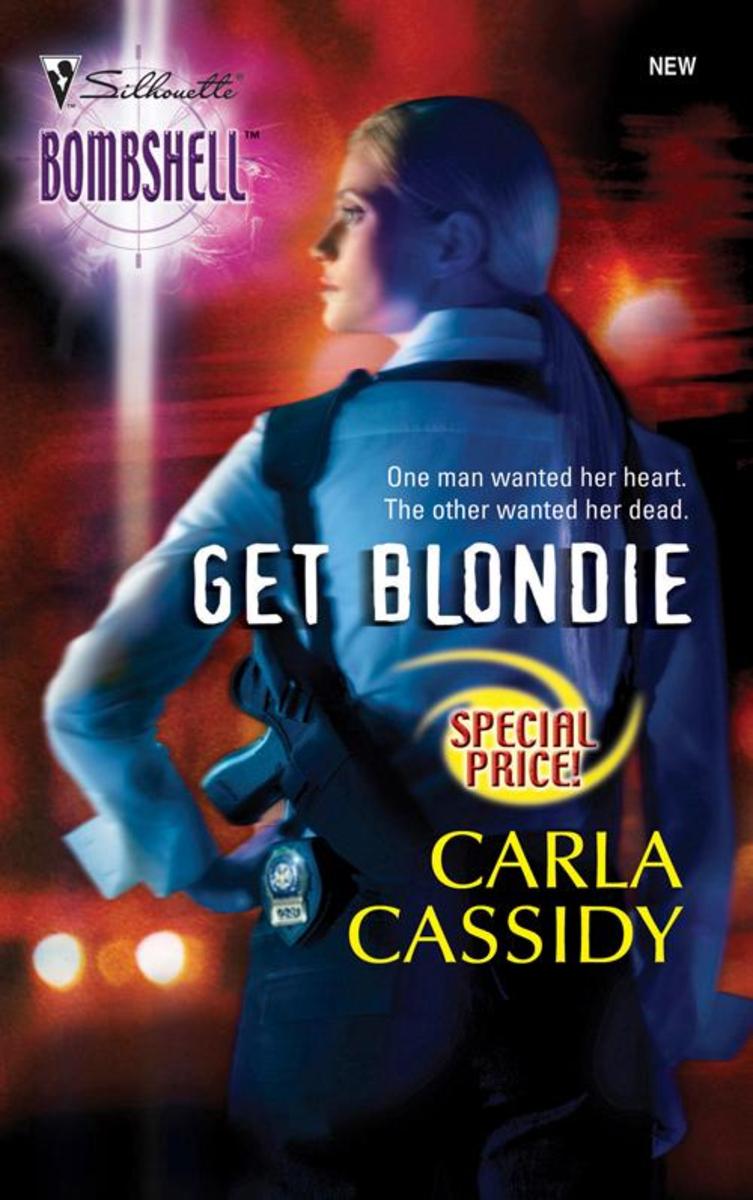
Get Blondie (Mills & Boon Silhouette)
¥15.30
HOW MANY BLONDES DOES IT TAKE TO BRING THE BAD GUYS TO JUSTICE? Only one, if you're talking about gutsy Cassandra Newton. She'd put worse criminals behind bars than the street thugs she now dealt with as a Kansas City cop. But her life as a secret agent was behind her–until Kane McNabb showed up. The agency needed her to take down a suspected drug lord with a weakness for leggy blondes. It was no mistake they'd sent her former partner and lover to persuade her. After all, she owed him. But after this, she and Kane were even–because no one gets Blondie for free….
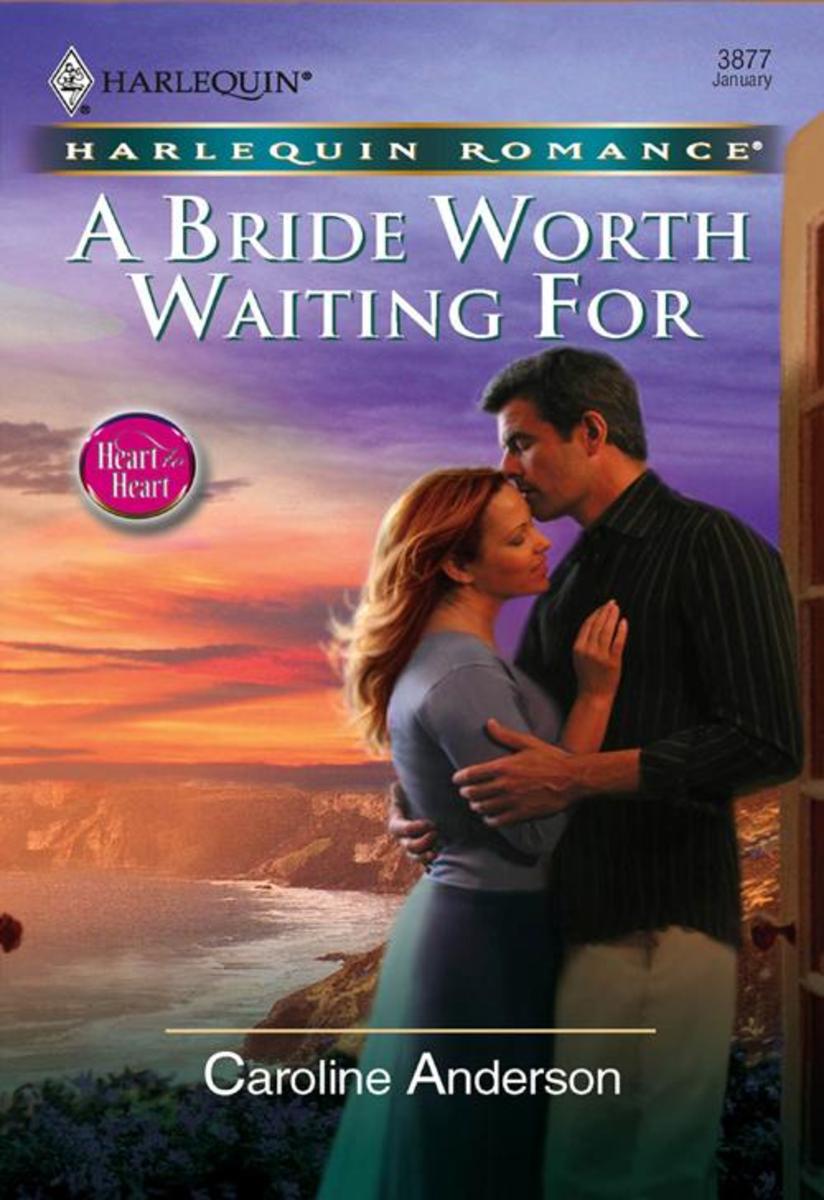
A Bride Worth Waiting For (Mills & Boon Cherish)
¥21.09
Annie Shaw thinks her boyfriend, Michael Harding, died in a brutal attack nine years ago. Little does she know that Michael has been forced to live undercover with an assumed identity…. Now the danger has lifted, Michael is free to pick up his life and reveal himself to the woman he loves–and the child who doesn't know about his father. He can only hope that if he gives Annie time, she'll fall in love with the man he has become….
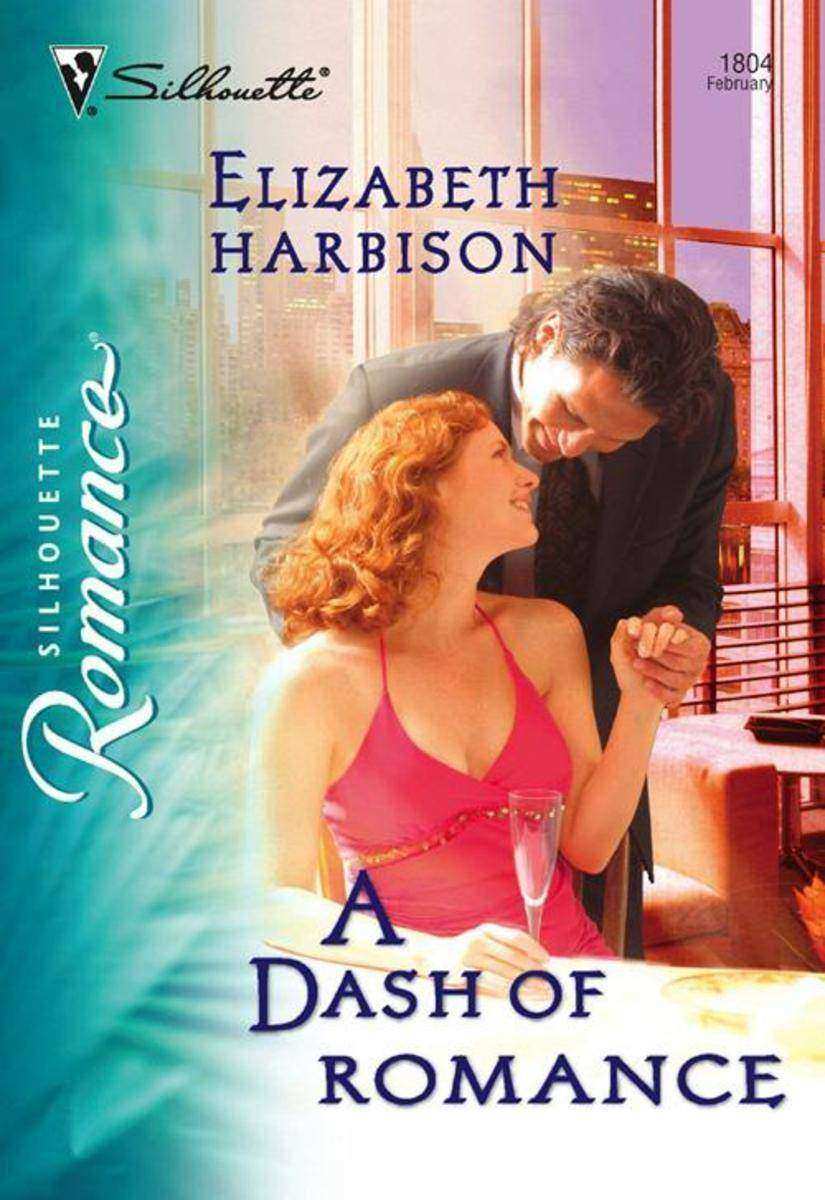
A Dash of Romance (Mills & Boon Silhouette)
¥31.10
A PERFECT RECIPE FOR ROMANCE Ingredients: 1 self-made billionaire 1 spirited waitress 2 opposite lifestyles 1 romantic location 1 close working environment, with tabloid scandals and sparks of awareness Mix the first two items together, and add in additional ingredients as strong tension builds. Slowly turn up the heat until the attraction can no longer be denied–but be careful at this stage. The mixture will be extremely fragile and prone to falling apart! Add a pinch of passion and a dash of good luck, and the result will be a deliciously tender relationship that is sure to last a lifetime.
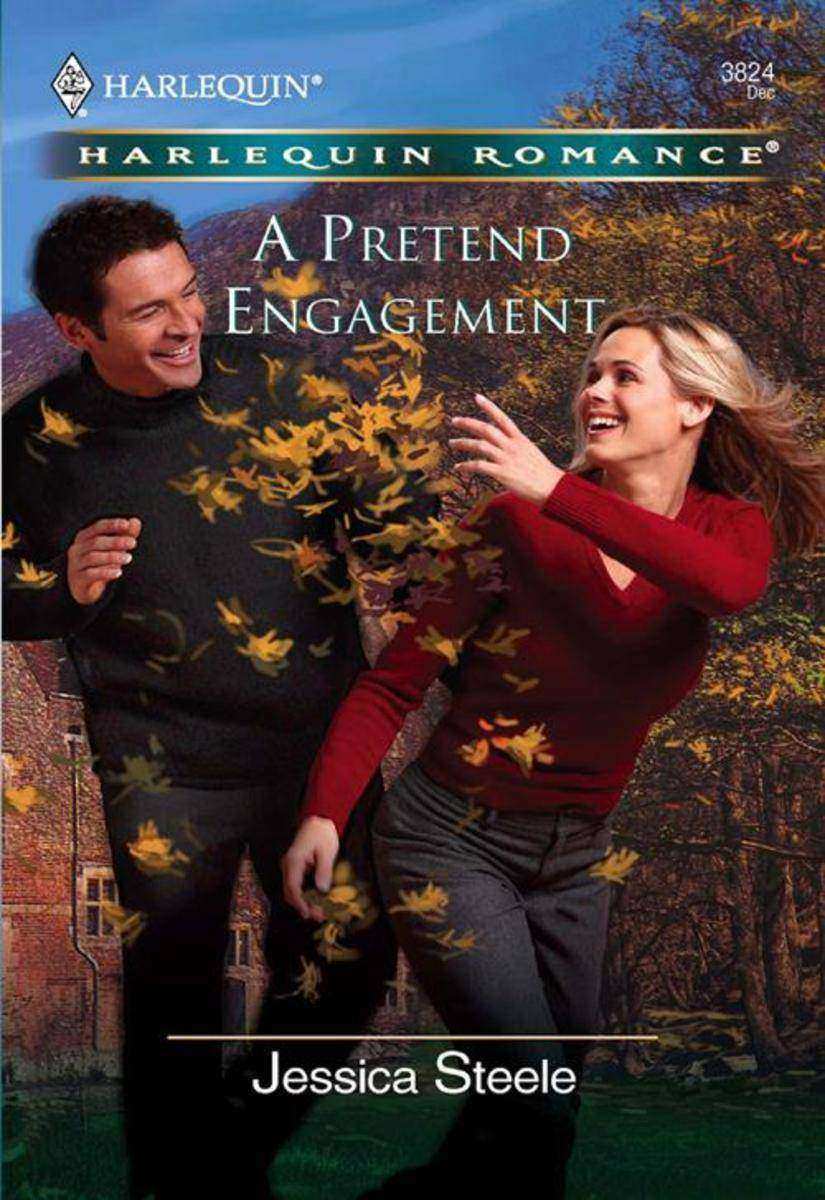
A Pretend Engagement (Mills & Boon Cherish)
¥20.60
It startles the life out of her to come home and find a man in her bedroom! But even more so when Varnie Sutton discovers that the man is CEO Leon Beaumont, her brother's boss! Leon is using Varnie's country house to avoid the media, but when Varnie discovers that her brother's job is at risk if she doesn't let him stay–they're stuck with each other! Especially when it's splashed across the front pages of every newspaper that the couple have just become engaged…




 购物车
购物车 个人中心
个人中心



